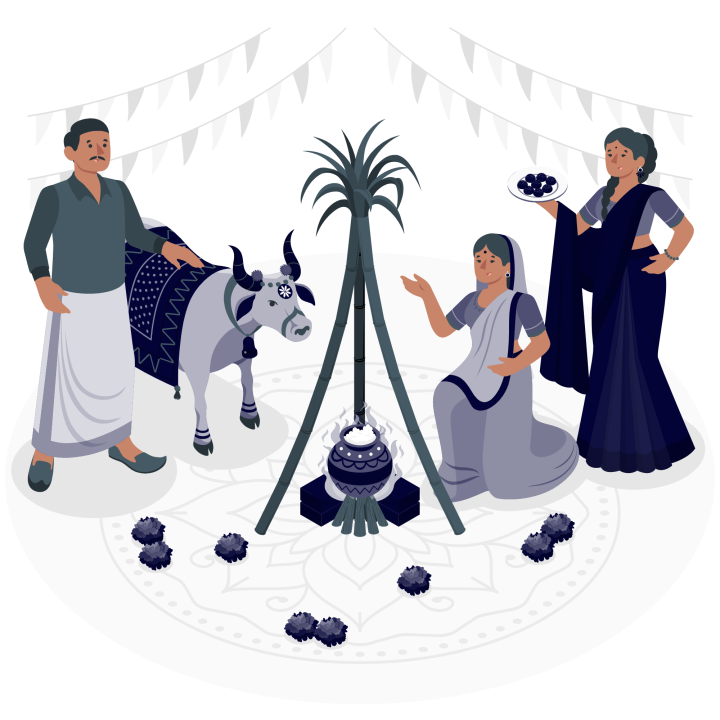
What should be your marketing statergies during festival?
Category :
Date : 09th, Jan 2024
Description
India's festivals are a great way to engage with your clients and establish your brand while they rejoice. Large brands take a variety of steps during the festivals to give their patrons a unique experience. During these times, people are willing to spend more, so you have a great chance to take advantage of this and go above and beyond to satisfy them. Customers are looking for ways to celebrate and are prepared to splurge, so now is the perfect time of year to boost sales.
Content
Festivals are a unique opportunity to connect with current and potential customers. An effective marketing strategy during festivals enhances brand image and increases sales. A festival marketing plan should reflect the spirit of the celebration. The brand should demonstrate that it is happy to be a part of the festivities, whether linked to music, changing seasons, or other aspects.
Marketing statergies during Festival
Capture the essence
Diwali is about lights. Holi is about colours. Onam, and Pongal are about harvests. Sunburn is about electronic dance music. Every type of festival has a unique essence and a festival marketing plan should mirror this.
A marketing strategy during festivals should have a theme that links the brand to the spirit in a memorable way.
Go local
Many festivals are celebrated in the streets, parks, and neighborhoods. Local communities and organizations pitch in to make it a success.
A festival marketing plan can tie up with local groups for an effective on-ground presence. Companies can sponsor them and put up logos and promotional material at festive events. The events can be mentioned in advertisements and digital content for more traction. Photographs of the celebrations can be used for further awareness.
Use contests and promotions
Festivals are a wonderful time for brands to launch contests and promotions. These should be designed around the theme of the festival.
A festival marketing strategy should define business objectives in terms of sales growth or other parameters. These promotions can be online or offline, depending on the target audience, and could be fixed-time deals, festive discounts, combos, and gifts. It’s essential to launch such plans well in time. This creates anticipation and lets consumers know what to plan for.
Involve the media
Online and offline media houses play a large role in popularizing festive activities. A festival marketing plan should incorporate PR to leverage this. Journalists can be invited to festive events sponsored by the brand. If these feature local and national celebrities, they can be encouraged to give interviews.
Another step is to issue press releases with details of the brand’s activities during festival time. Further, many popular newspapers have festive supplements. These provide opportunities for targeted advertising and content about events. Finally, contest winners and participants can also be featured in the press to foster awareness and loyalty.
Create a festival calendar
When drawing up a festival marketing strategy, it’s critical to keep enough time to execute events and activities. After all, these are busy seasons for suppliers, clients, and agencies.The calendar should mention all festivals and events that appeal to the target audience.After budget allocations, the specific activities and time to execute them should be indicated. Brands can use analytics and festive marketing plan templates to fine-tune strategies based on the previous year.
For brands, festivals are a superb opportunity to create experiences that consumers will love. These could be age-old cultural festivals or new properties created by the brand.A marketing strategy during festivals should place the consumer’s sentiments first.
Through events, promotions, and other activities, the brand can remind consumers of its role in their lives. This will lead to greater awareness, engagement, and loyalty.